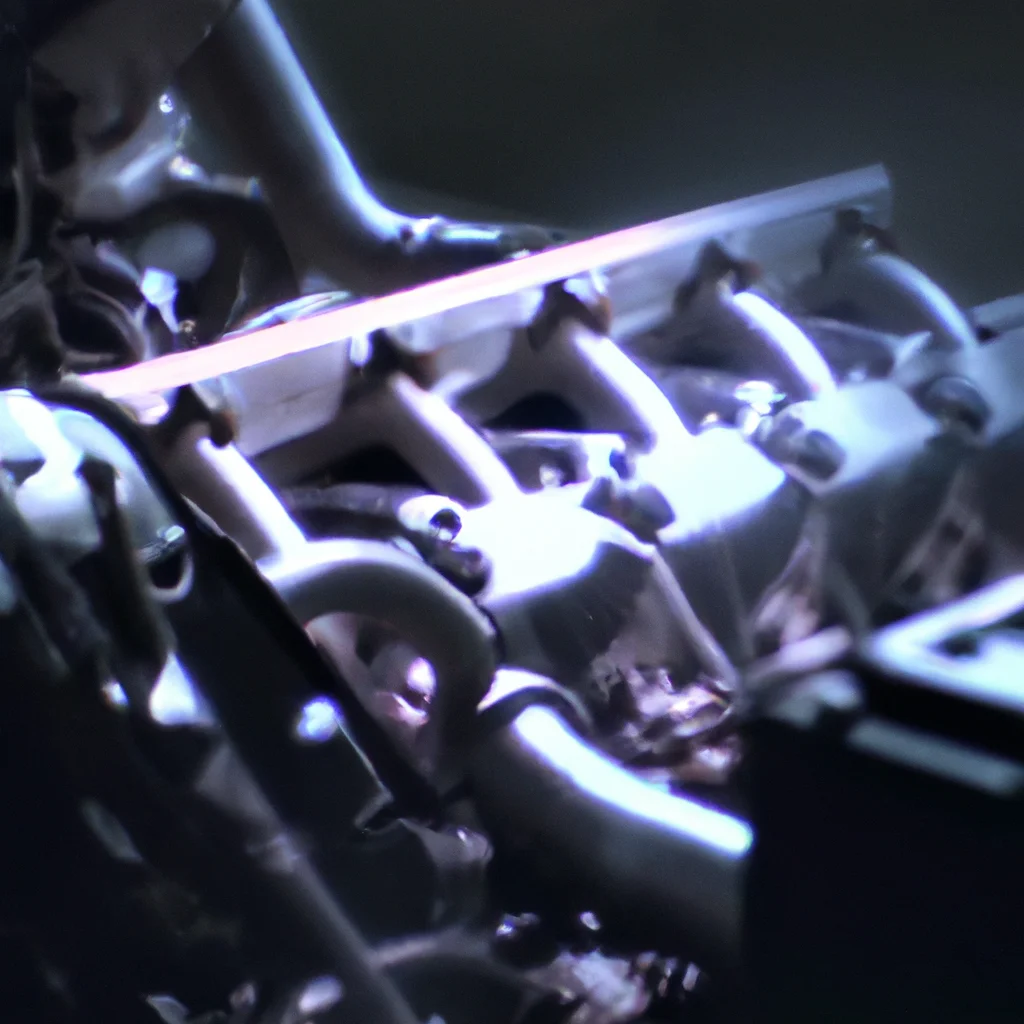How does the internal combustion engine work?


How does the internal combustion engine work?
The internal combustion engine is a marvel of engineering that has powered the modern world since its inception. It is a complex machine that converts the energy stored in fuel into motion. In this article, we will explore the inner workings of the internal combustion engine, including its combustion process, engine parts, piston, crankshaft, spark plug, fuel injection, valve mechanism, combustion chamber, and engine efficiency.
Combustion Process:
The combustion process is the heart of the internal combustion engine. It is a controlled explosion that takes place inside the engine to release energy. The process begins when a mixture of fuel and air is injected into the combustion chamber. The fuel is then ignited by a spark from the spark plug. This ignition causes the fuel to burn, creating a high-pressure gas that pushes the piston down.
Engine Parts:
The internal combustion engine is made up of several parts that work together to produce power. These parts include the piston, crankshaft, spark plug, fuel injection, valve mechanism, and combustion chamber.
Piston:
The piston is a cylindrical component that moves up and down inside the engine cylinder. It is attached to the connecting rod, which is attached to the crankshaft. When the fuel is ignited, it creates a high-pressure gas that pushes the piston down, converting the energy into motion.
Crankshaft:
The crankshaft is the rotating shaft that converts the up and down motion of the piston into rotary motion. It is connected to the piston via the connecting rod. As the piston moves down, it rotates the crankshaft, which drives the wheels of the vehicle.
Spark Plug:
The spark plug is a component that provides the spark required to ignite the fuel. It is located at the top of the combustion chamber and is connected to an electrical circuit that provides a high-voltage spark.
Fuel Injection:
Fuel injection is the process of injecting fuel into the combustion chamber. Modern engines use electronic fuel injection systems that precisely control the amount of fuel injected into the chamber. This leads to more efficient combustion and improved engine performance.
Valve Mechanism:
The valve mechanism controls the flow of air and fuel into the combustion chamber and the exhaust gases out of the engine. It is made up of several components, including the valves, camshafts, and rocker arms. The valve mechanism is responsible for opening and closing the valves at the correct time to allow the right amount of air and fuel into the combustion chamber.
Combustion Chamber:
The combustion chamber is the area inside the engine where the fuel and air mixture is ignited. It is designed to control the combustion process and to ensure that the explosion is contained within the engine. The shape and size of the combustion chamber can affect the engine’s efficiency and performance.
Engine Efficiency:
Engine efficiency is the measure of how effectively the engine converts the energy stored in fuel into motion. Modern engines are designed to be more efficient, which leads to lower fuel consumption and reduced emissions. The efficiency of an engine can be improved by optimizing the combustion process, reducing friction, and improving the airflow.
Conclusion:
The internal combustion engine is a complex machine that has powered the modern world for over a century. Its combustion process, engine parts, piston, crankshaft, spark plug, fuel injection, valve mechanism, combustion chamber, and engine efficiency work together to convert the energy stored in fuel into motion. Understanding how the engine works can help us appreciate the engineering behind it and the impact it has on our daily lives.
Recent Posts
How do I create an engaging and informative online quiz or assessment?
Creating an engaging and informative online quiz or assessment can be a powerful tool for… Read More
What are the most effective methods for managing and reducing work-related stress in the hospitality industry?
Work-related stress is a common issue in the hospitality industry, where employees often face long… Read More
How can I improve my assertiveness and communication skills in a leadership position?
In a leadership position, assertiveness and effective communication skills are crucial for success. Being able… Read More
What are the key elements of a successful employee recognition and rewards program?
Employee recognition and rewards programs play a crucial role in motivating and engaging employees, as… Read More
How do I effectively manage and respond to customer feedback and reviews?
Customer feedback and online reviews play a crucial role in shaping a company's reputation and… Read More
What are the best strategies for effective time management as a stay-at-home parent?
Effective time management is crucial for stay-at-home parents who juggle multiple responsibilities on a daily… Read More